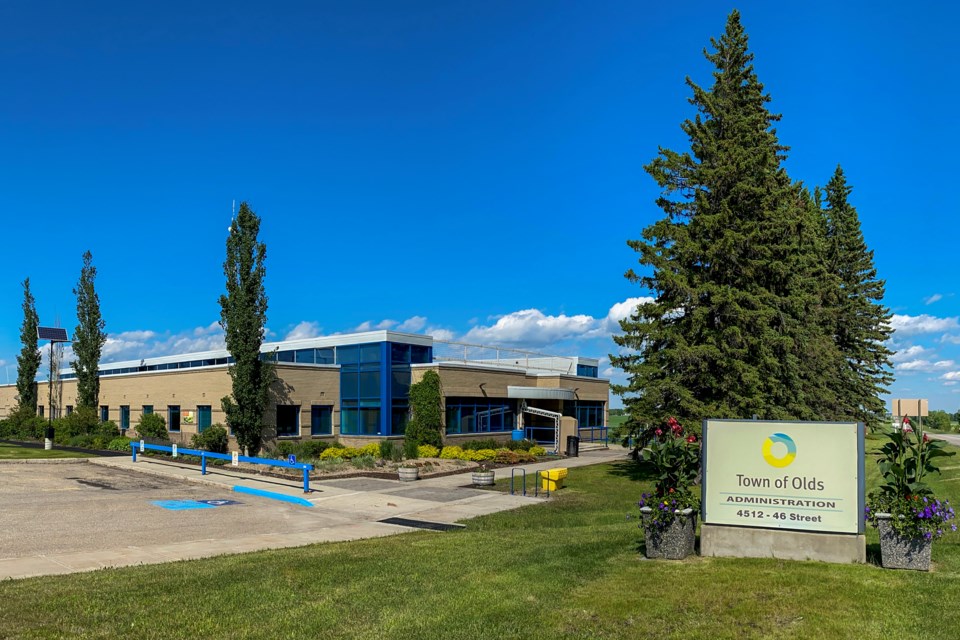OLDS — The town’s budget bylaw, which recieved first reading on April 11, includes tax increases for residential and non-residential property owners – plus a new minimum property tax and a vacant-non-residential class.
The bylaw will be back before council for final approval via second and third reading during its April 24 meeting.
Finance director Sheena Linderman outlined the figures during council’s policies and priorities meeting on April 3.
Linderman said the average residential property owner will see their taxes rise by $95 or 3.3 per cent and the average non-residential property owner’s taxes will increase by $168 or 1.4 per cent.
Also, administrative staff are proposing a minimum property tax of $250.
“We will also be recommending a minimum tax of $250, so meaning anyone currently paying less than $250 in annual property taxes would be levied the municipal portion,” Linderman said. “This would affect approximately 45 properties within Olds.”
In addition, administrative staff are recommending creating a vacant non-residential class. It would have a tax rate 20 per cent higher than the non-residential tax rate.
Linderman said that change, together with the minimum tax is expected increase tax revenue by $31,000.
All these changes are the result of final numbers for things like the assessed value of property and money coming in from the province.
Linderman said the education tax fell for both residential and non-residential property owners, but the seniors housing requisition rose.
Another factor is that the assessed value of property also increased.
Linderman said the total taxable assessment rose by just over $100 million or 6.8 per cent from 2022.
The assessed value of single-family residential properties rose by eight per cent and the assessed value of commercial property increased by 6.52 per cent.
"With the increase in assessment, residents will see an increase to their property taxes, which is based purely on the increased value to their homes and businesses,” she said.
Linderman noted that when council passed its initial 2023 budget back in December, it called for a five per cent tax revenue increase.
At that time, revenues and expenditures were balanced at $32,773,150. The amended version of the budget up for ratification totals $33,127,661.
Linderman noted that because assessments are increasing by 6.8 per cent, the town actually has to cut tax rates by 1.8 per cent to keep the overall tax revenue increase to that five per cent figure decided upon last December.



